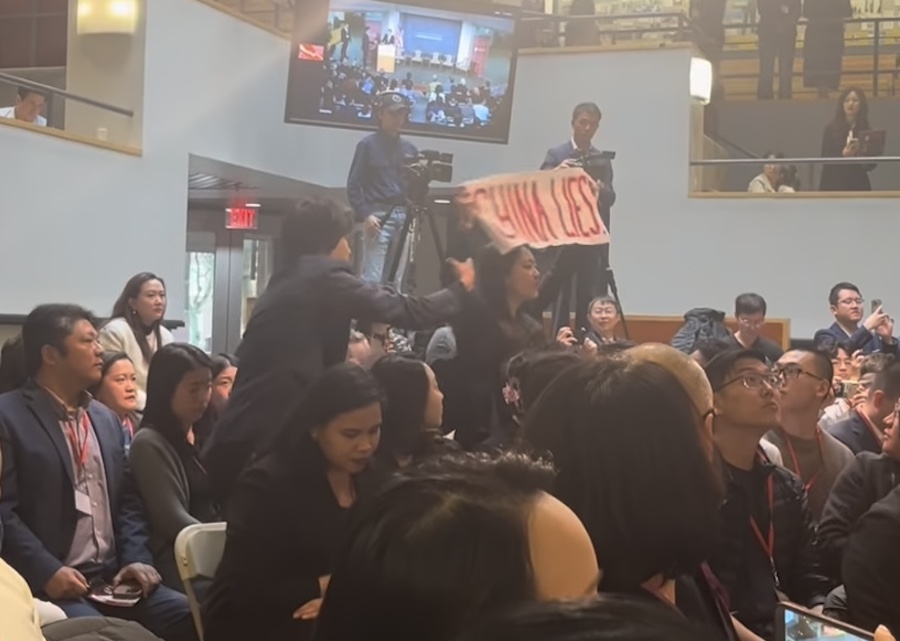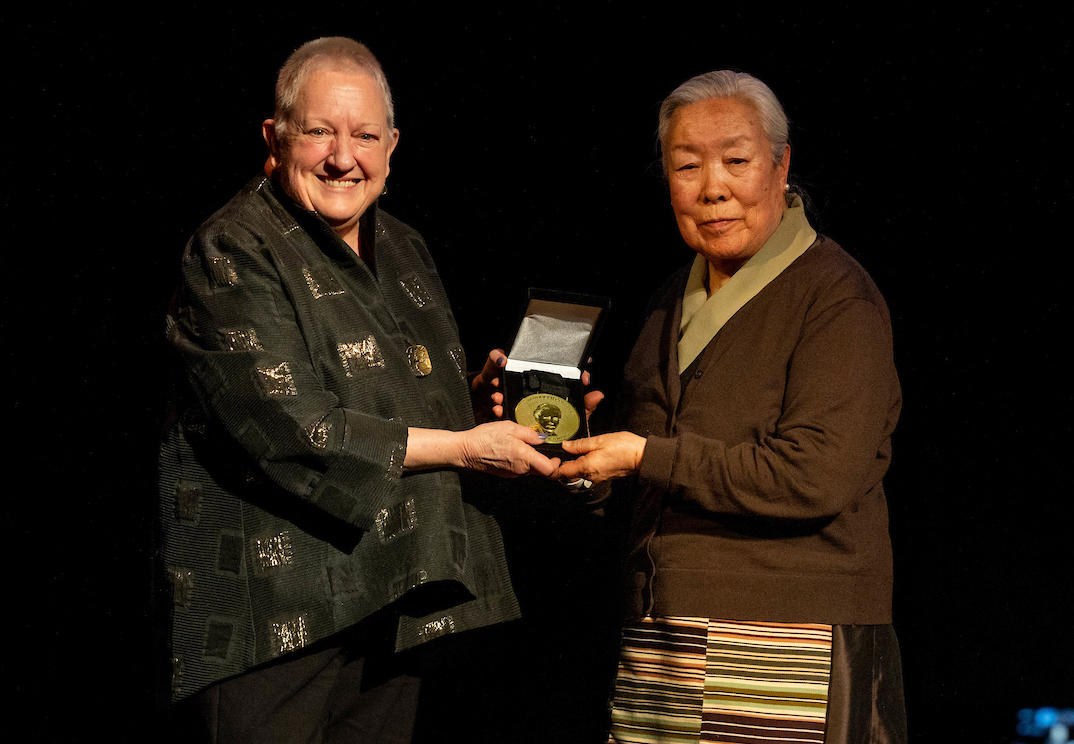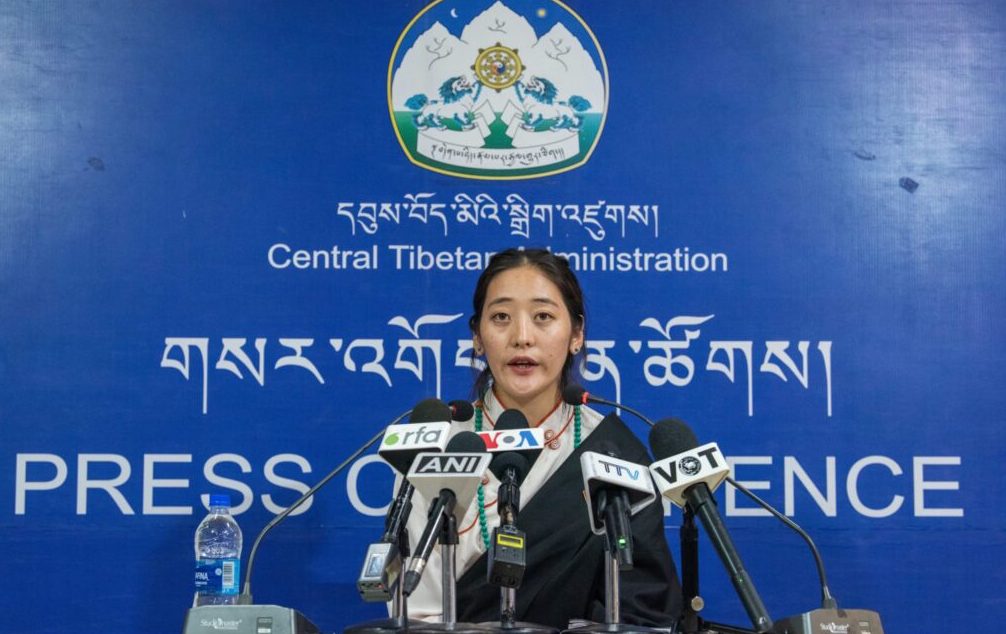reviewed by Tenzin Rigdol
Title-Paradox of Our Age
Filmmaker-Thupten N Chakrishar
Duration- 4 minutes
We are headed towards a morally bankrupt world wherein our ethical intelligence lay suffocated and confused. Equation of time to money, man to machine and life to a sullen burden, mark our postmodern era. The ruthlessness of our world accentuated by heedlessness of our conscience, batters our souls to weightless dusts. And scarcely do we receive a Nietzschean hammer that questions and uproots our insipid ways of lives.
In this short, yet insightful four minutes film, The Paradox of Our Age; directed and edited by a Tibetan filmmaker, Thupten N. Chakrishar, precisely performs this Nietzschean chore. He had established himself as the frontrunner amongst Tibetan contemporary filmmakers with the helming debut of his critically acclaimed documentary film, Following Kunsel, this short film exhibits his brilliant hybridization of poetic sensibility with celluloid aestheticism.
The Paradox of Our Age, is a visual adaptation from a poem written by H.H the 14th Dalai Lama. In this film, Thupten was able to create a meditative piece through the concomitant of poem and cinematic magic. Each footage becomes an epigram with no vestigial shots. The skillful intertwining of semiotic attributions to the powerfully versed poem accentuate the elegance of the project.
The majestic and graceful prayer-voice of H.H the Dalai Lama accompanied by a serene panoramic scene of twilight initiate the film. Thereafter the dexterously treated cinematic montages, explicates and explores the theme of impermanence in a secular and universal manner. Within these four minutes, the film touches the bone marrow of four major existential inquiries: Being, Life, Death, and Ethics. Though the vastness of the subject matter could impose intimidation to any artist, Thupten successfully and skillfully manages to summate all those inquiries in an artless yet profound manner.
Finally, the acute relevance of the film’s theme to our own lives, make us ponder upon such paradoxes of our technocratic age. In brief, it stirs our minds in a poignant manner and respects our individualities by not giving any concrete answers.
The writer is a contemporary Tibetan artist based in New York









